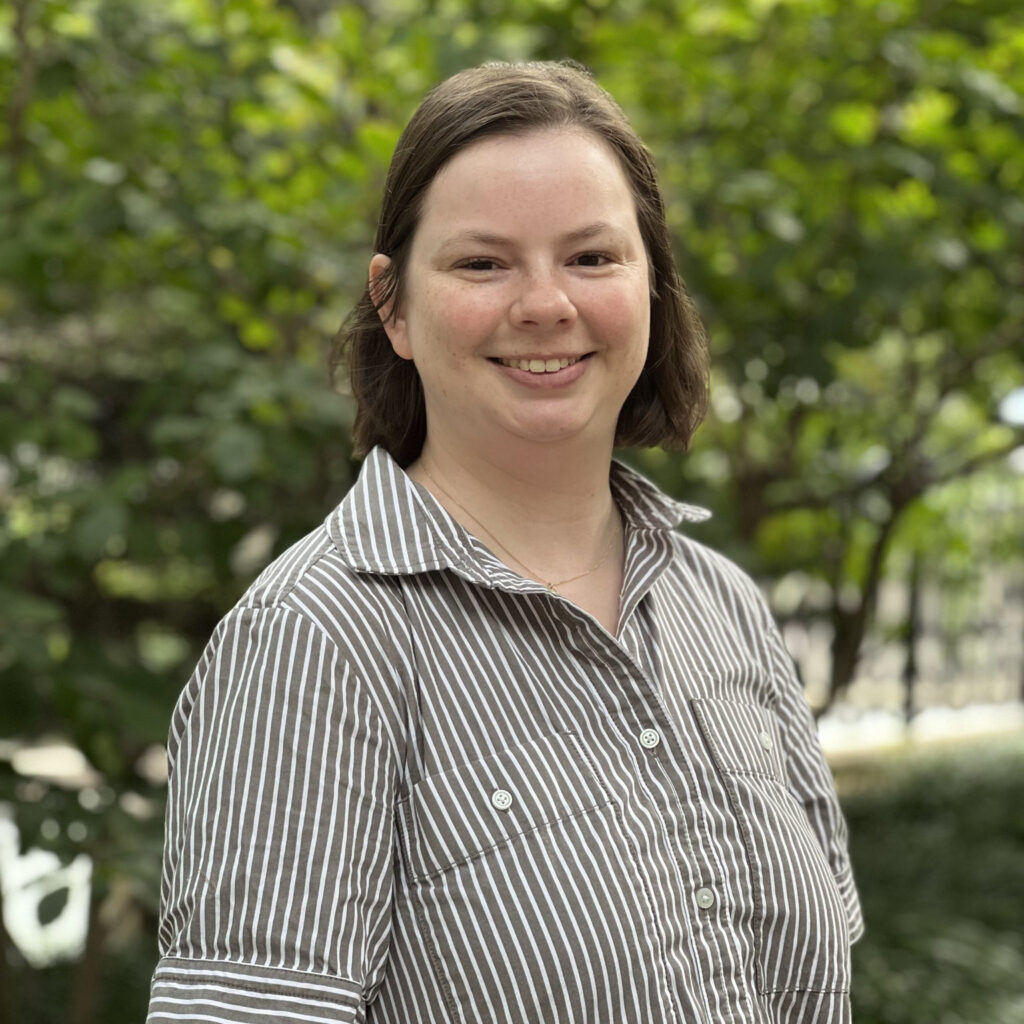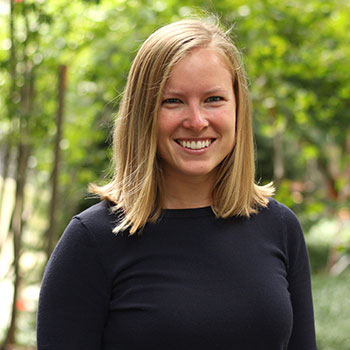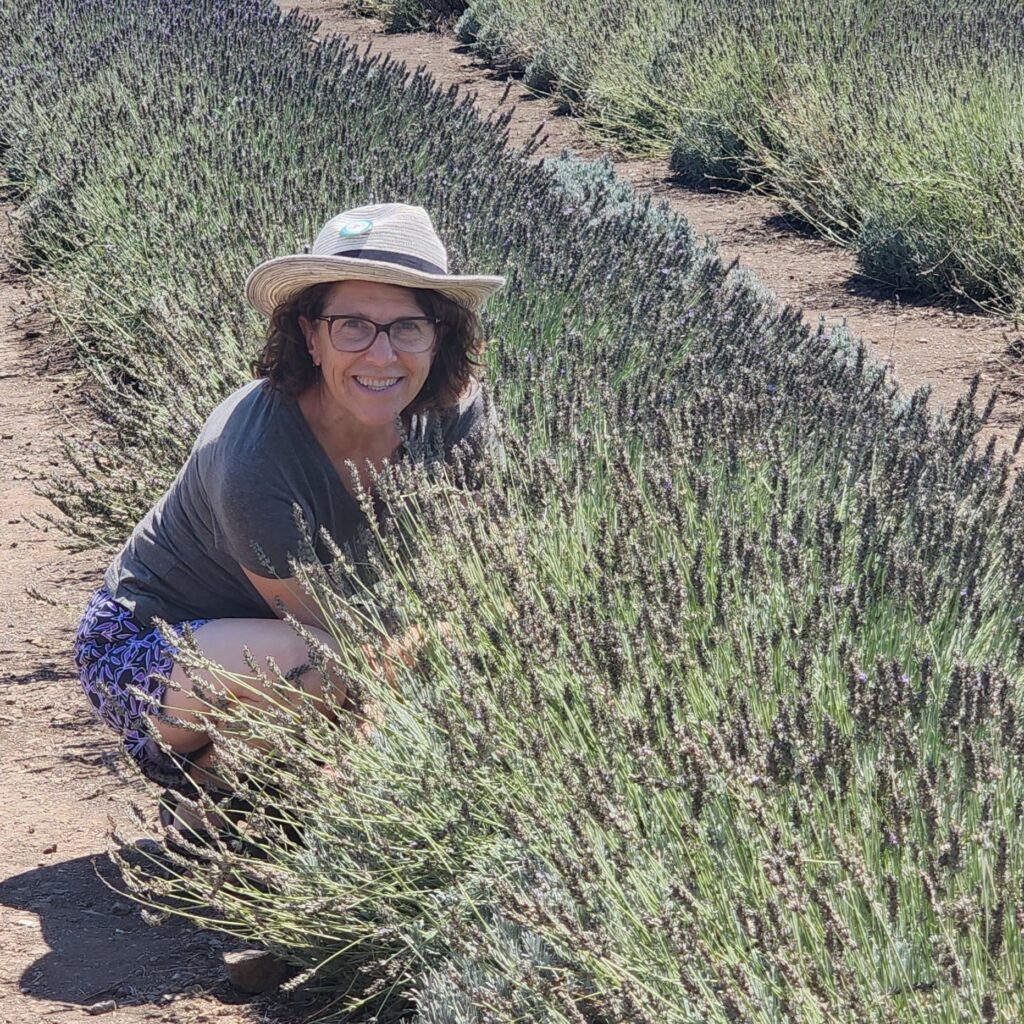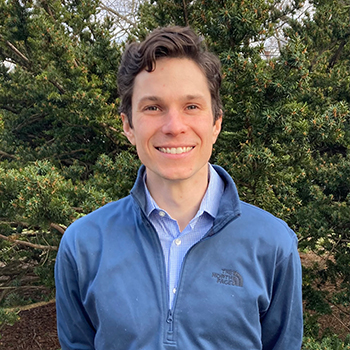We provide free legal assistance to support a sustainable, resilient, and just regional food system.
The Problem
Running a farm or food business is tough, and the difficult task of finding and paying for industry-specific legal assistance makes it even harder. Thin financial margins and unique legal needs force many business owners to choose between going without legal assistance or paying more than is affordable. In the worst-case scenario, these business owners have no choice but to close up shop and exit the field entirely.
Our Solution
The Legal Food Hub connects eligible farmers, food entrepreneurs, and food and farm organizations throughout New England to free legal assistance. Expert attorneys in our network work with participants on transactional legal matters, such as contracts, real estate transactions, and entity formations. The Legal Food Hub also provides free education on a wide range of legal topics relevant to food professionals and attorneys alike. Our offerings include a comprehensive online legal resource library, free webinars, and in-person presentations.
Our Vision
The Legal Food Hub envisions a New England where local food and farm businesses thrive in spite of social, economic, climate, and environmental challenges. By equipping these businesses with the legal assistance that they need, the Legal Food Hub supports New England’s transition toward a regional food system that is sustainable for both people and the environment.
Our Team

Francesca Gallo (she/her)
Program Coordinator
Francesca joined the Legal Food Hub in the spring of 2023 after five years of working in the nonprofit, philanthropy, and food and farm sectors in Rhode Island. She also serves on the boards of the Young Farmer Network of Southeastern New England and Urban Greens Co-op. Francesca co-manages the Hub’s case placements and partnerships with other regional farm and food organizations. She also oversees the Hub’s language access work.

Mary Egan (she/her)
Senior Program Coordinator
Mary joined the Legal Food Hub in the fall of 2019. As a hobbyist farmer and food entrepreneur, she was excited to support her peers in business with free legal services. She still hopes one day to contribute her own crop to a CSA, but, for now, she enjoys supporting others’ farm and food dreams. Mary oversees the Hub’s attorney network and legal education work. She also co-manages case placements.

Mary Rose Scozzafava (she/her)
Senior Legal Fellow
Mary Rose joined CLF and the Legal Food Hub in 2019 as a Senior Fellow after a long career in private legal practice. She supports the Hub in a myriad of ways, including managing our resource library. Mary Rose’s interests include supporting sustainable agriculture and building a resilient local food system. She is also board president at Lexington Community Farm and part of the management team at Field of Greens, a farm committed to growing produce for hunger relief.

Scott Sanderson (he/him)
Manager, Farm & Food
Scott joined CLF in 2021 after 5 years working in international development. Scott is an attorney who’s previous role took him to western Kenya, where he supported farmers as part of an agriculture NGO’s innovations team. He is the Manager of CLF’s Food & Farm Initiative, of which the Legal Food Hub is a part.
Our History
The Legal Food Hub was founded in 2014 as a project of Conservation Law Foundation (CLF), in response to information from Farm Commons that as few as 10% of farmers use legal services, compared to around 70% of all small businesses. A follow-up survey of 200 New England farmers by CLF then found that most respondents didn’t use legal services but would if such help were affordable and if they understood its benefits. So, in 2014, the Legal Food Hub launched in Massachusetts to make free legal help available to income-eligible farm and food businesses and organizations.
Over the years, the Hub has grown to provide services in each of the five other New England states, finally adding our sixth state, New Hampshire, in 2022. Since we began, the Hub has handled more than 1,000 cases and leveraged more than $4.76 million in pro bono legal services, drawing on a network of volunteer lawyers from 158 law firms across the region.
A Project of Conservation Law Foundation
The Legal Food Hub is part of CLF’s Healthy Communities work. At its founding in 1966, CLF work focused on providing free legal advice to local conservation commissions in efforts to preserve open space. Now, almost 50 years later, the Legal Food Hub is revisiting these early days of providing pro bono legal services to support a thriving New England environment, this time by working directly with our region’s farmers, food businesses, and food and farm organizations. CLF and the Legal Food Hub believe that a thriving New England means a thriving local food system – the region’s environment, climate, people, and economy depend on it.
Annual Reports
Since our launch in June 2014, we’ve handled over 1,000 cases and leveraged more than $4.76 million in pro bono legal services. Each year, our annual report shares a few highlights of the farmers, food entrepreneurs, and organizations who have been helped by the Legal Food Hub.